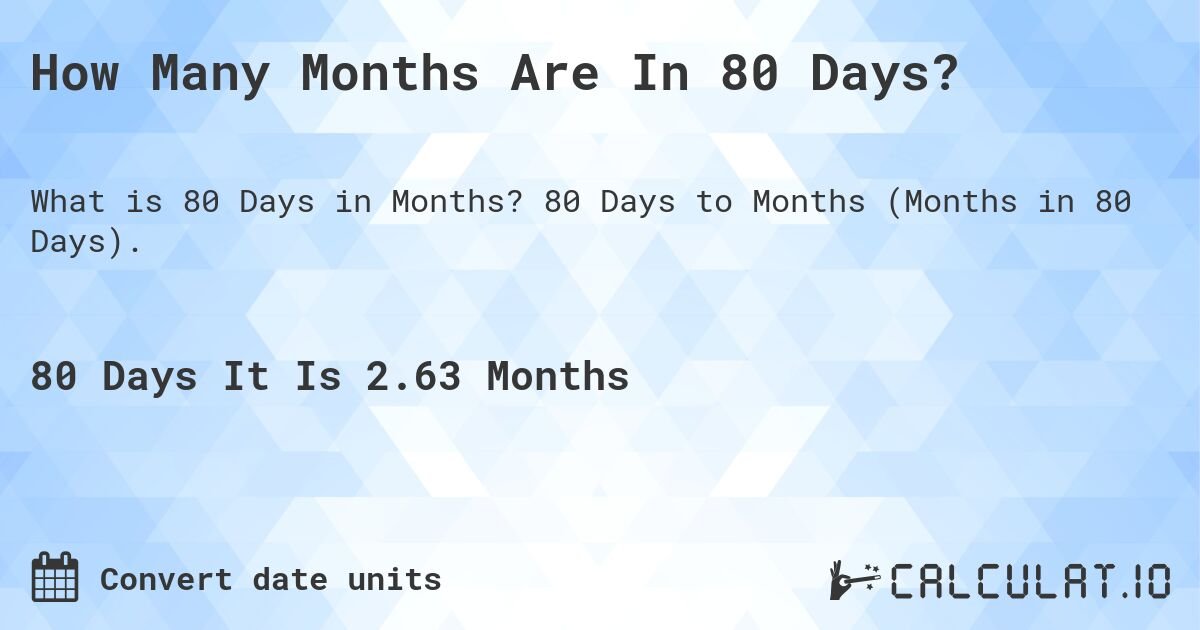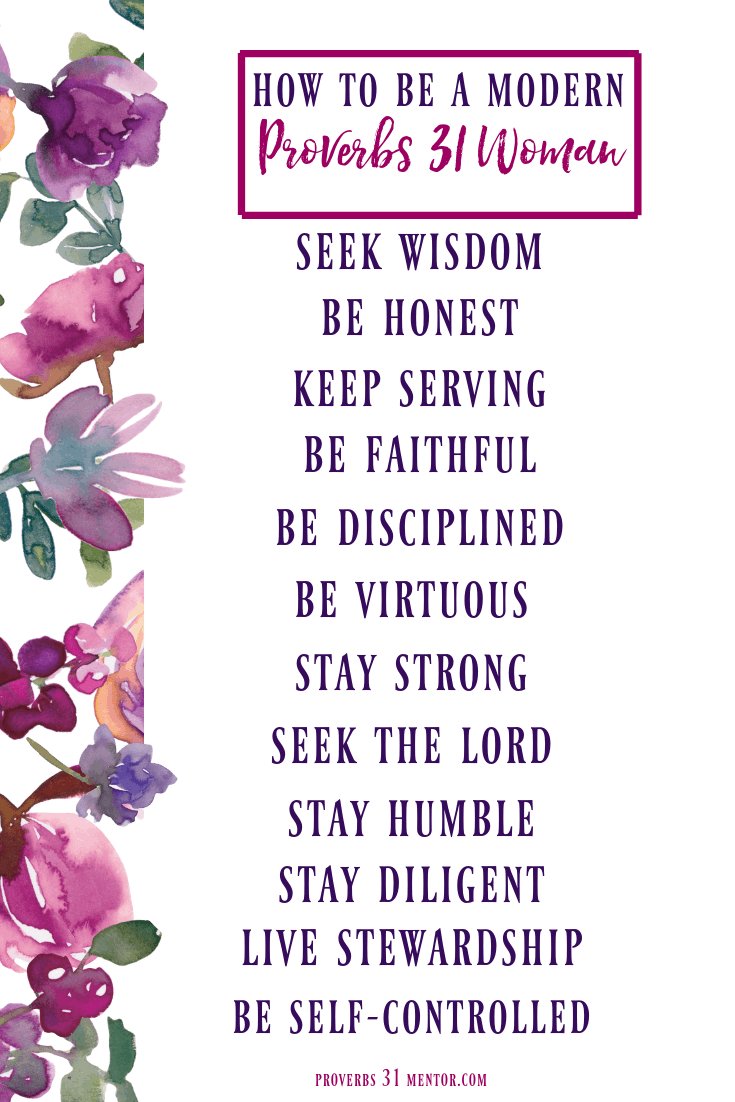80 days is equivalent to approximately 2 months. Understanding this conversion can offer clarity in planning, scheduling, or simply satisfying one’s curiosity. When we delve into the concept of time and its translation across different units, fascinating insights emerge. Calculating the duration of 80 days in months may seem straightforward, but the nuances of time measurement can be quite intriguing. Join us on this exploration as we unravel the correlation between 80 days and the concept of months.
Exploring How Long 80 Days Equals in Months
Welcome, young learners! Have you ever wondered about time and how we measure it? Today, we’re going to delve into a fascinating topic: how long is 80 days in months. Let’s embark on this exciting journey together!
The Concept of Time
Time is a fascinating concept that helps us organize our days, weeks, months, and years. We use different units to measure time, such as seconds, minutes, hours, days, months, and years. Each unit helps us understand and keep track of the passage of time.
Understanding Days and Months
Before we dive into how long 80 days is in months, let’s understand the basic units. A day is a period of 24 hours, starting at midnight and ending at the next midnight. On the other hand, a month is a longer unit of time that corresponds roughly to the length of time the Moon takes to orbit the Earth.
Calculating 80 Days in Months
Now, let’s get to the exciting part! To find out how long 80 days equals in months, we need to do some simple math. Since months have varying lengths, we can’t directly convert days into months. However, we can estimate the number of months in 80 days based on an average month length.
Estimating the Length of a Month
On average, a month has about 30 days. This means that in a typical year, there are 12 months, each with approximately 30 days. By dividing 80 days by the average month length of 30 days, we can get an estimate of how many months are equivalent to 80 days.
Let’s do the math together:
80 days ÷ 30 days ≈ 2.67 months
So, approximately 80 days is equivalent to 2.67 months. This means that 80 days is just over 2 and a half months long.
Real-Life Examples
To help you understand this concept better, let’s explore some real-life examples of how long 80 days can feel like in months:
Summer Vacation
Imagine you have an 80-day summer vacation. If you consider that the typical summer break is around 3 months long, 80 days would be a significant portion of your time off. It’s like enjoying almost three-quarters of your summer break!
Project Deadline
Now, let’s imagine you have 80 days to complete a project. If you break it down into months, you’ll realize that it’s a little over 2 and a half months. This timeframe can give you a sense of how much time you have to work on your project effectively.
Congratulations, young learners! You’ve successfully explored how long 80 days equals in months. Remember, time is a valuable resource, and understanding how we measure it can help you plan and organize your activities better. Keep exploring and learning about the fascinating world of time!
30 Day Water 💧 Fast Day 1 #fast #waterfast #lukenosis
Frequently Asked Questions
How many months are equivalent to 80 days?
80 days is equivalent to approximately 2 months and 2 weeks. This is because an average month has around 30 days, so when you divide 80 by 30, you get roughly 2.67 months.
Can 80 days be simplified to a whole number of months?
Converting 80 days into a whole number of months isn’t exact due to the varying lengths of months. However, 80 days can be considered as 2 months and 3 weeks approximately.
How can I calculate 80 days in terms of months accurately?
To calculate precisely how many months are in 80 days, you can consider that an average month has 30 days. So, dividing 80 by 30 gives you approximately 2.67 months. This accounts for the extra days beyond a full two months.
Final Thoughts
In conclusion, considering how long is 80 days in months, it’s approximately 2 months and 3 weeks. Breaking it down into months provides a clearer understanding of the time frame. Planning or tracking events in terms of months can help with better organization and time management. Remember, 80 days equate to more than just a simple number – it’s a significant portion of time worthy of proper attention.




